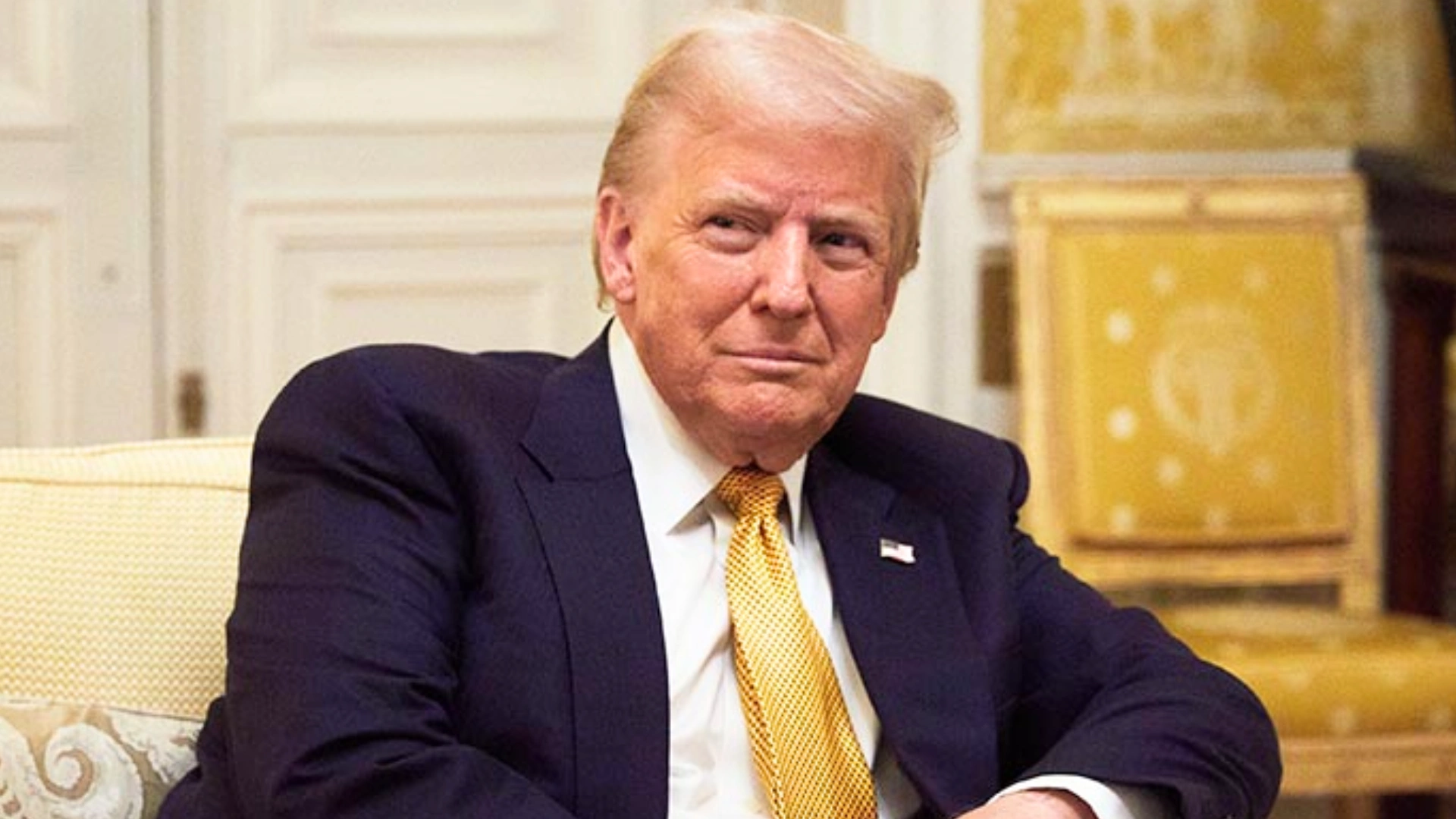Israeli officials executed a strategic operation on Tuesday, detonating thousands of Hezbollah pagers in Lebanon earlier than originally planned. This decision, reportedly sanctioned by Prime Minister Benjamin Netanyahu, was prompted by intelligence indicating that the Iranian-backed group may have discovered the explosives concealed within the devices.
According to reports from the New York Post, the pagers, primarily the AR-924 model, were modified before being shipped from a Taiwanese manufacturer, Gold Apollo. Explosives were implanted near the battery, complete with a remote activation switch for coordinated detonations. Following the initial explosion, a second wave occurred on Wednesday, targeting walkie-talkie radios used by Hezbollah, which were also rigged with explosives. This escalation aimed to prevent Hezbollah operatives from abandoning their devices after the first attack.
Former CIA operative and CNN intelligence analyst Bob Baer noted that the operation has disrupted Hezbollah’s communications network, possibly paving the way for an imminent Israeli military offensive in Lebanon. “Israel is pivoting north,” Baer explained, indicating a shift in focus after concentrating efforts on Gaza. He characterized the breach of Hezbollah’s supply and communication network as a “great defeat” for the group, significantly impairing its operational effectiveness.
Reports have surfaced indicating that Hezbollah switched to using pagers earlier this year due to concerns that their smartphones were susceptible to Israeli surveillance and potential attacks. However, this tactical shift proved deadly, as the pagers were compromised. Veteran Israeli investigative journalist Ronen Bergman noted that while fewer devices were destroyed in the second round of attacks, the larger units packed more explosives, creating more powerful blasts that increased the risk to anyone nearby.
The targeted devices included walkie-talkies essential for military communication, emphasizing the vulnerability of Hezbollah’s entire military network. Bergman suggested that the decision to detonate the explosives at this time may have been viewed as a “last chance” opportunity to strike before Hezbollah could thoroughly inspect its supplies following the initial attack.
The Lebanese government and Hezbollah have condemned the attacks, labeling them as acts of “criminal Israeli aggression.” Senior Hezbollah figure Hashim Safi Al Din vowed retaliation, warning of “uniquely bloody revenge” for what he described as a treacherous assault on their operatives.
Although Israel has not officially claimed responsibility for the operation, U.S. officials and various reports indicate that Israeli intelligence agency Mossad and military forces played a crucial role in the execution of this plan. Analysts emphasize that this incident highlights an unprecedented level of infiltration into Hezbollah’s communications, raising concerns about escalating violence in the West Asia region.
As tensions between Israel and Hezbollah mount, the potential for further conflict looms, leaving the international community closely monitoring the situation.
ALSO READ: North Korea Tests New Ballistic Missiles As Kim Jong Un Calls For Stronger Nuclear Capabilities


















